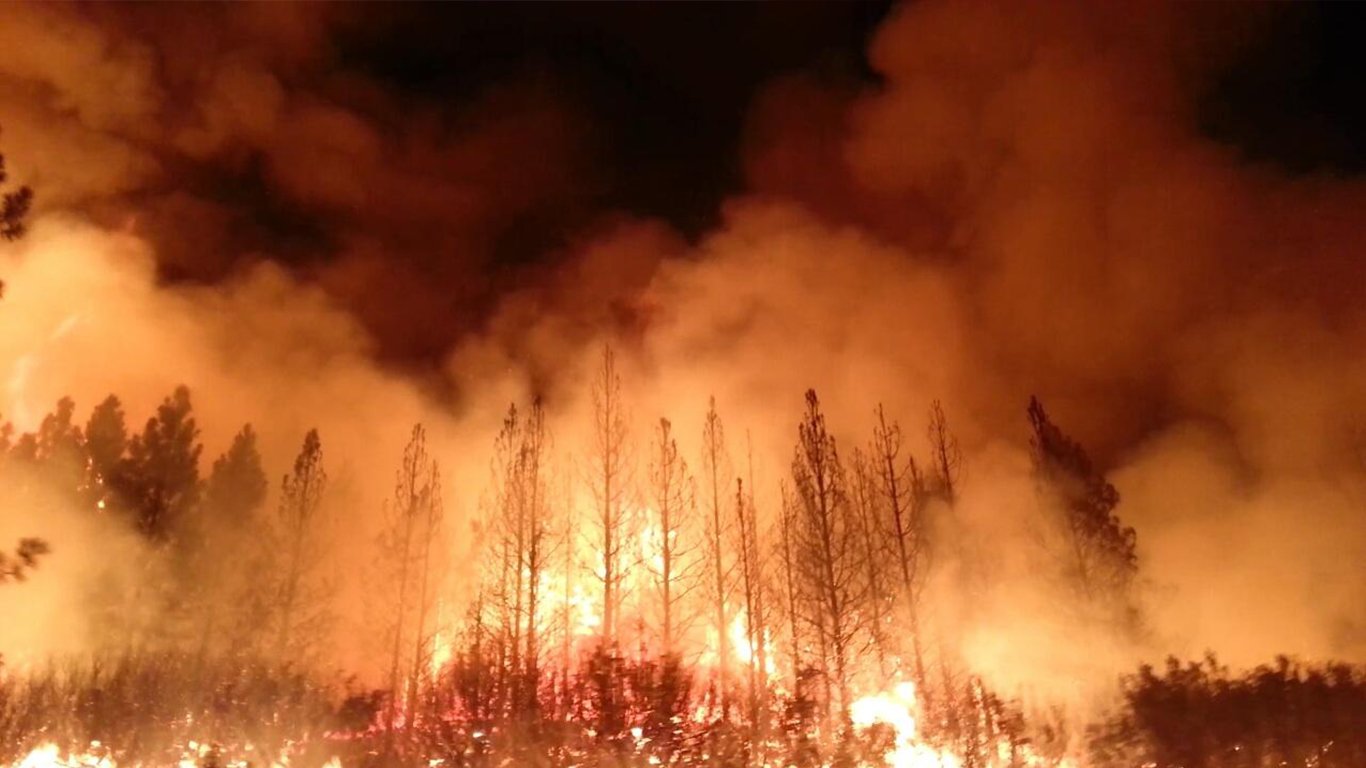

The California state legislature on Tuesday approved a bill that requires 100% of electricity sold in the state to come from renewable sources by 2045. The legislation also requires electricity generators and other service providers to general 60% of their power from renewable sources by 2030, an increase from the current goal of 50%.
Now that the bill has been passed by both the state Assembly and Senate, it needs only Governor Jerry Brown’s signature to become law. There is not much doubt that Brown will sign the legislation, but he has been unusually quiet during the debate. Former governor Arnold Schwarzenegger and former U.S. Vice-President Al Gore both weighed in with their support.
Analysts at Credit Suisse were quick to weigh in as well. The firm sees the bill creating additional demand for electricity generation using wind and solar over the next decade and being a positive for wind, solar, hydro, geothermal, and fuel cell generation in the state.
Credit Suisse’s big winners may be surprising:
However, we believe the bigger winners would be battery storage and long-distance transmission, which would be required to balance intermittent renewable sources and connect more utility-scale renewables in new locations, especially as the bill explicitly rules out any CO2 emitting energy technology (i.e. natural gas turbines) in the whole western grid.
The analysts do not foresee any impact on renewable energy stocks “in the near term” because the new standard is dated beyond the next decade. No one is going to go on record about something that is still 30 years away.
The California legislature also is considering a bill that requires the California Public Utilities Commission to determine if a utility’s costs and expenses related to last year’s wildfires are justifiable. The bill outlines what costs are recoverable and would allow investor-owned utilities to seek recovery through ratepayer protection bonds and fixed surcharges. The legislation could have a major impact on the estimated $15 billion in damage caused by the 2017 fires.
One thing the analysts didn’t mention is the impact the California legislation will have on other western states. California now buys renewable energy from as far away as Montana and, as 2050 gets closer, demand for renewable energy will rise. Can new sources of renewable energy be built quickly enough at a cost reasonable enough to meet demand? How far away can wind or solar farms be built and still not incur sky-high transmission cost? Will battery storage improve enough to benefit the shift to what are currently intermittent sources? The list of questions goes on.
There are good reasons for the California legislature to face these issues now. The latest report on the effects of climate change on the state was released Monday and included a new estimate of possible sea level increase that could reach 9.0 feet, well above the previous estimate of 5.5 feet. The report noted an increase of 1 to 2 degrees in the state’s average temperature since the beginning of the 20th century and said that temperatures could rise by 5.6 to 8.8 degrees by 2100. Wildfires, already the cause of severe damage in the state, could double the forest area burned.
Anything that the country’s most populous state can do to reduce its carbon emissions benefits both the state’s residents and the world population as a whole. But California by itself can’t stop warming. That requires an international commitment, one that the United States recently rejected.
Sponsored: Attention Savvy Investors: Speak to 3 Financial Experts – FREE
Ever wanted an extra set of eyes on an investment you’re considering? Now you can speak with up to 3 financial experts in your area for FREE. By simply
clicking here you can begin to match with financial professionals who can help guide you through the financial decisions you’re making. And the best part? The first conversation with them is free.
Click here to match with up to 3 financial pros who would be excited to help you make financial decisions.
Thank you for reading! Have some feedback for us?
Contact the 24/7 Wall St. editorial team.


